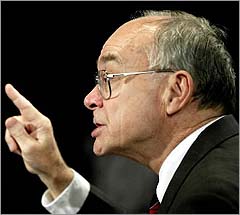
Glenn Koons and Marlee Matlin
I first met Glenn Koons when I was invited to speak at a luncheon in Montgomery County, Pa., being hosted by the National Alliance on Mental Illness. It was one of the first speeches that I delivered after publication of my book and before my talk, NAMI Board Member Carol Caruso introduced me to Glenn. I was immediately struck by his easy-going manner. Carol bragged that Glenn was one of the first NAMI trained Peer-to-Peer mentors in the entire nation. Glenn and I spoke for several minutes and I was impressed by his thoughtfulness and enthusiasm.
Our paths continued to cross during the coming years at various NAMI meetings and conventions. I was always happy to see Glenn and was thrilled when I learned that he had been one of only four NAMI peers who had been invited to the White House by President Obama to celebrate the 20th anniversary of the Americans with Disabilities Act of 1990. Glenn wrote about the event for a NAMI blog.
A few weeks ago, I was asked by NAMI’s Darcy Taylor to write an article for NAMI’s VOICES publication. In my article, I mentioned three “consumers” who have inspired me. They are Dr. Fred Frese, Diana Kern, and Glenn Koons.
The day after I submitted my article, an email arrived telling me that Glenn was dead.


 overlooked. Instead, he managed to win his freedom, take control over his symptoms and become a strident consumer advocate. Along the way, he earned a doctorate in psychology, ran a hospital ward and taught as a professor. As a speaker, he is an emotional powerhouse who causes listeners to leap to their feet.
overlooked. Instead, he managed to win his freedom, take control over his symptoms and become a strident consumer advocate. Along the way, he earned a doctorate in psychology, ran a hospital ward and taught as a professor. As a speaker, he is an emotional powerhouse who causes listeners to leap to their feet.

